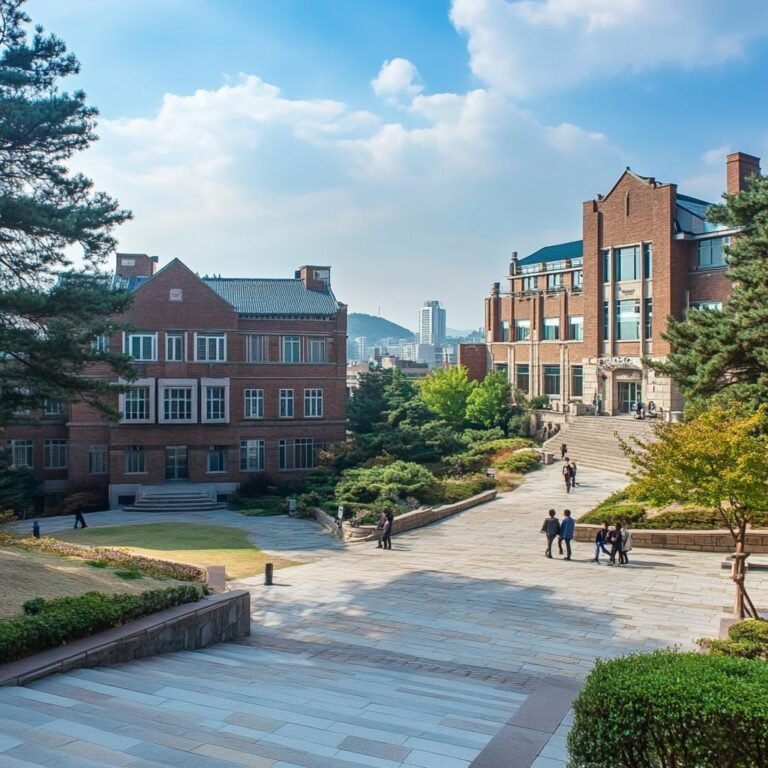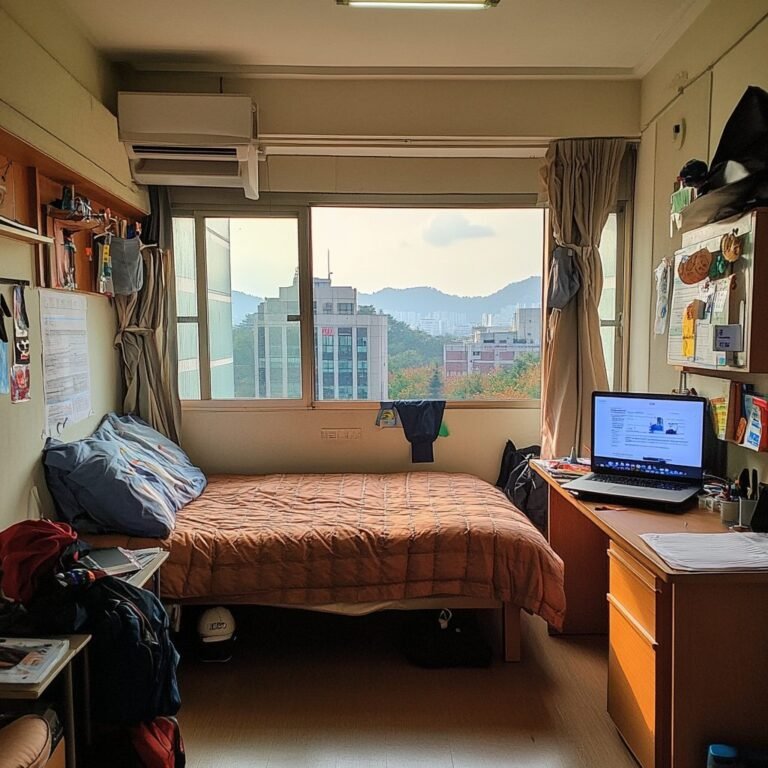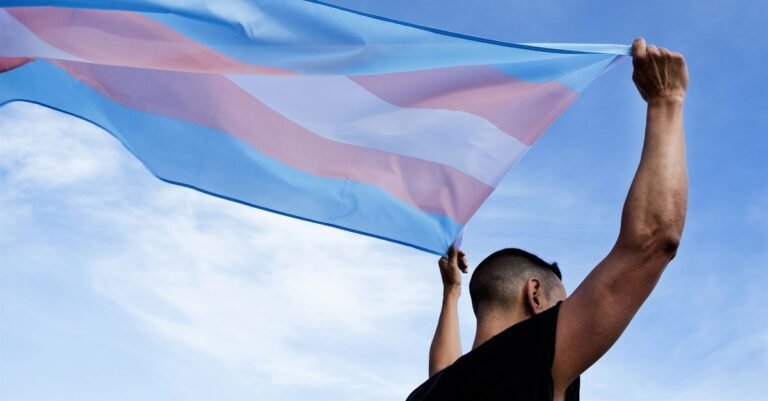How to apply for Study in korea from Nepal? A comprehensive Guide
Studying in Korea is a dream for many students around the globe, including those from Nepal. Korea offers a rich blend of cultural heritage and modern education, making it an attractive destination for Nepali students seeking international study experiences. Here’s a straightforward and informative guide to help you embark on your journey to study in Korea from Nepal.
Understanding Korean Education System
Before applying, it’s essential to understand Korea’s education system. Korean universities offer undergraduate (bachelor’s), postgraduate (master’s), and doctoral (PhD) programs. Each program has its own set of requirements, so knowing what you want to study is the first step.
Deciphering the Korean Educational Landscape
Korea’s Academic Calendar:
Understanding the academic calendar is crucial. The school year in Korea typically starts in March, with the second semester beginning in September. However, some programs may offer alternative start dates.
Types of Institutions:
Korea boasts a variety of educational institutions, including national, public, and private universities, as well as specialized colleges. Each offers a range of programs catering to different interests and career paths.
Choosing the Right University and Program
Research: Begin with researching universities and programs that align with your academic and career goals. Korea has many renowned universities, including Seoul National University, Korea Advanced Institute of Science and Technology (KAIST), Yonsei University and so on.
Language Requirements: Most programs are taught in Korean, but there are programs offered in English as well. Check the language requirements of the programs you’re interested in. If you need to learn Korean, consider taking language courses in Nepal or enrolling in a language program in Korea before your degree starts. If you want to study in english you need to learn english course IELTs which are available in Nepal.
The Application Process
Eligibility: Ensure you meet the eligibility criteria for the program you’re interested in. This usually includes your academic record, language proficiency (Korean or English), and any specific requirements by the university or program.
Documents: Prepare your documents. Commonly required documents include your academic transcripts, certificates, language proficiency scores, a copy of your passport, and a personal statement. Some programs may also require letters of recommendation.
Application: Apply through the university’s official website. Some universities also allow applications through centralized platforms like the Study in Korea operated by the Korean government.
Scholarships: Look for scholarships. The Korean Government Scholarship Program (KGSP) is popular among Nepali students. It covers tuition, living expenses, and Korean language courses. Universities also offer their own scholarships, so check their websites.
In addition to the KGSP, explore other scholarship options like the University Specific Scholarships and External Scholarships offered by private organizations. These can help alleviate financial burdens.
Visa Application: Once accepted, you’ll need to apply for a student visa (D-2 visa) at the Korean Embassy in Kathmandu. You’ll need your university acceptance letter, proof of finances, and other documents as required by the embassy.
Also read about: S. Korea Student Visa Application Guide for Nepali Students
Preparing for Life in Korea
Accommodation: Decide on your living arrangements. Many universities offer on-campus housing for international students, but you can also find off-campus options.
Cultural Adjustment: Learn about Korean culture and basic language skills to ease your transition. There are cultural differences, but Nepali students often find the experience enriching.
Budgeting: Korea can be expensive, so plan your finances well. Consider your tuition fees, accommodation, food, transportation, and other living expenses.
Tips for Nepali Students
Stay Informed: Keep up-to-date with the latest information from the Korean Embassy in Nepal and the universities you’re applying to.
Network: Join forums and social media groups of Nepali students in Korea. It’s a great way to get insights and make connections.
Healthcare: Register for the National Health Insurance Service once you arrive in Korea for healthcare benefits.
Also read about: Understanding Accommodation Costs for Nepali Students Studying in Korea
Adjusting to Life in Korea
Accommodation Options:
Explore both on-campus and off-campus housing options. On-campus dormitories are a great way to immerse yourself in university life, while off-campus apartments offer more independence.
Cost of Living:
The cost of living in Korea can vary greatly depending on the city and your lifestyle. Major cities like Seoul are more expensive compared to smaller cities or towns. Plan your budget accordingly, factoring in food, transportation, and personal expenses.
Healthcare System:
Korea’s healthcare system is accessible to international students. Upon arrival, register for the National Health Insurance to benefit from its comprehensive coverage.
Building a Social Network:
Engage with both the local and international community. Universities often have clubs and organizations that can help you make friends and adjust to your new environment. Additionally, connecting with fellow Nepali students through social media or community groups can provide a sense of belonging.
Studying in Korea from Nepal is an exciting opportunity, but it requires thorough preparation. By following this guide, researching diligently, and preparing your documents carefully, you can embark on a rewarding educational journey in Korea. Remember, every step you take brings you closer to realizing your dream of studying in Korea. Good luck!
Let Us Assist You!
Are you ready to embark on your educational journey to Korea? Need help with university applications, scholarships, or visa processes? Contact our team of experts at Study in Korea from Nepal for personalized support and guidance.
From ensuring your applications are meticulously prepared to advising on the nuances of studying abroad, we’re here to assist you in every step. Don’t let the complexities of international education hold you back.
Contact us today to start your adventure in Korea!






